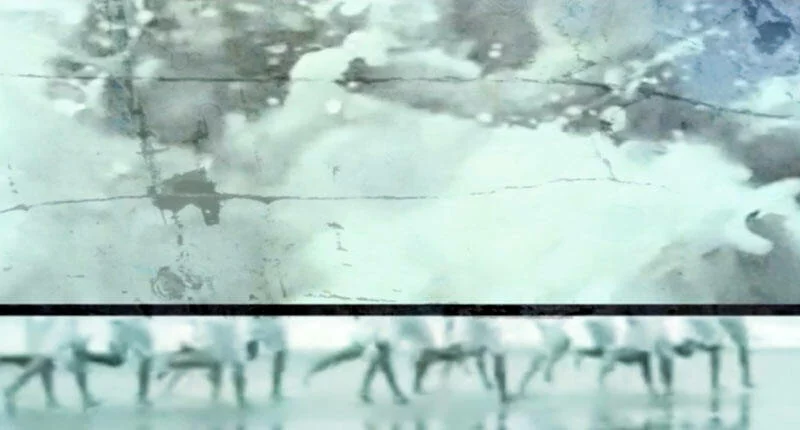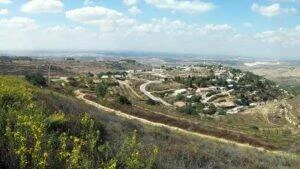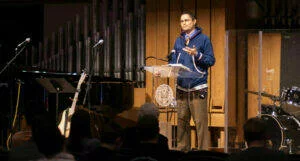While doing some research for a course in political theologies and mindful of racial tensions in recent days, I came across an article by Bishop Desmond Tutu, “Without Forgiveness There Really Is No Future.”William Cavanaugh, ed., An Eerdman’s Reader in Contemporary Political Theology, 482-502
He was reflecting on his visit to Rwanda a year after the 1994 massacre of thousands of members of the Tutsi tribe by members of the Hutu tribe.
Bishop Tutu was granted voice by his hearers because of his work with the Truth and Reconciliation Commission in South Africa which helped to facilitate transition from the previous government working under that auspices of apartheid, to the government run by the indigenous people leading to the presidency of Nelson Mandela.
I was struck by an element in his visit to an emerging new village that was founded by some women to care for the overwhelming numbers of widows and orphans generated by the massacre. It was named Nelson Mandela Village, but this was not what drew my attention. Bishop Tutu spoke with one of the leaders and she said concerning the motivation for engaging in such a project:
We must mourn and weep for the dead. But life must also go on, we can’t go on weeping (p. 483).
This made me think of the potential relationship between Jubilee and lamentation in the forging of such a conviction. I have focused much on the restorative dimension of Jubilee in my reflections. I have long thought of lamentation as the act I have long thought of lamentation as the act of communing with the experiences of injustice and of deep sorrow to rise above traumatic events.of communing with the experiences of injustice and of deep sorrow to rise above traumatic events, even when it appears that the perpetrators may get away with their crime.
I want to explore the relationship between Jubilee and lamentation with a cautionary word from Oliver O’ Donovan. In a short critique of Liberation Theology, he reminds proponents of the historical particularity of events such as the Exodus and that one is not free to simply implement meaning that is insufficiently based on such particularity.Cited in Michael Kirwan, Political Theology: An Introduction (Fortress, 2009), 165
Taking to heart O’Donovan’s concern, I want to offer a three-part exploration of the relationship between Jubilee and lamentation. An exploration of “building blocks”, i.e. principles that can be derived from Jubilee and the Book of Lamentations, will be discussed in the second installment. In the third, I will attempt some applications to the present racial tensions in the United States. Let’s begin, though, be identifying foundational elements of Jubilee and of lamentation through a brief reengagement with Scripture.
Foundations
Jubilee, then, is restoration, but with particularity. Michael Harbin points out that there was no forgiveness of debt because there was no debt generated in light of Leviticus 25. There was also no redistribution of land.Michael Harbin, “Jubilee and Social Justice,” JETS 54 (2011), 696 There are, nevertheless, some invaluable principles that can be applied to the present tensions, but those must be carefully identified and applied.
The Book of Lamentations has some primary and, for me, some troubling emphases. It does not merely involve sorrow in the midst of unjust, dehumanizing conditions with the possibility of the perpetrators escaping consequences. I must confess that I wanted to find my view reinforced in the text. Instead I found four challenging emphases. First, there was distress over suffering from atrocious behavior but it was not only that exercised by foes (1:7), but that which was exercised by the sufferers themselves (4:10). Second, God judged the people’s sin providing an opportunity for the people to reassess their relationship with God (3:40-42). Third, lament reminded the people of God’s forgiving capacities (3:23-23). Finally, and in tension with the last point, the forgiveness of God could not be taken for granted (5:21-22).








Comments
Be the first one to make a comment!